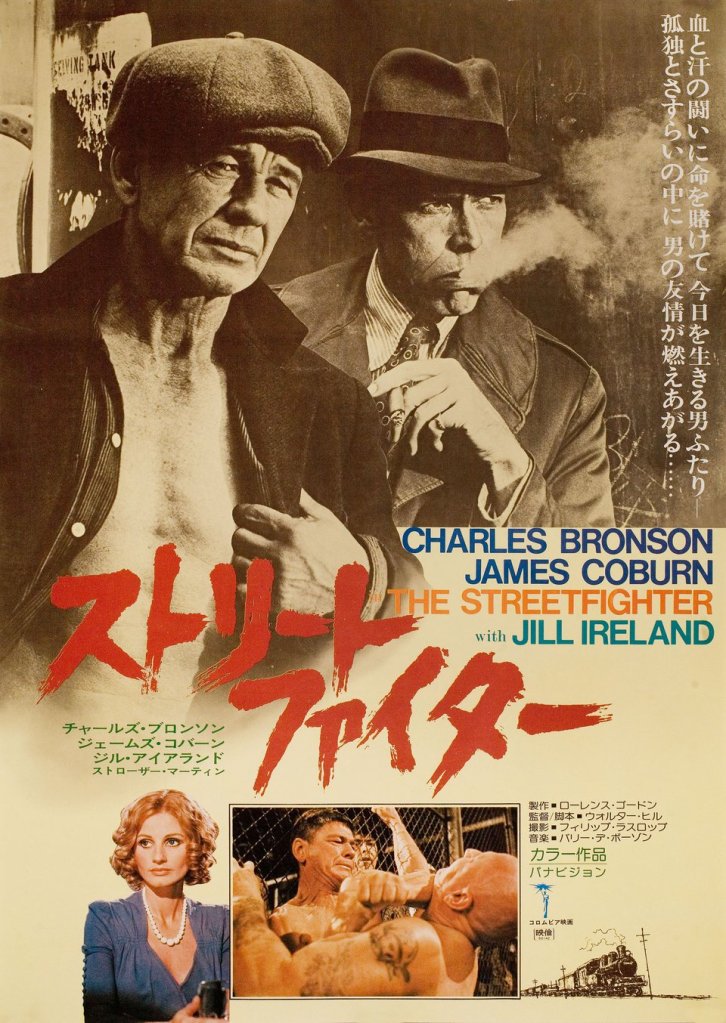
Looker (1981) is not a perfect film or maybe even objectively a good one, but if you have an appreciation for the aesthetic and vibe its throwing out there, it becomes a memorable experience. Directed and written by Michael Crichton, there’s a familiar sci-fi set-up with a mysterious corporation hiding a dark secret, and the incorporation of advanced technology of the here and now (by which I mean 1981) that is quite prescient about advertising, digital trickery and image-based control. Contemporary viewers have also described Looker as having “Vaporwave” aesthetics, which I have to agree with; I can imagine this playing silently with throwback synthwave if Barry DeVorzon’s own synthieser score wasn’t so compelling (Com Truise even cut-up Looker for one of their music videos). California beachfronts, private medical offices, sleek corporate hallways, commercial TV sets and pixelated computer visuals; Looker is a mix of era-appropriate fashions and older special effects. This is a movie where the hero protects himself from harm by wearing a pair of wrap-around reflective shades. Albert Finney plays Dr. Larry Roberts, a successful plastic surgeon who notices that several patients – all models – are asking for specific measurements. When they start mysteriously dying, Finney finds a connection to an advertising firm called Digital Matrix with ties to a billionaire played by James Coburn. Protecting one of the newer models, Susan Dey, Finney investigates while being chased by corporate henchmen. When the “light-gun” is introduced, a new weapon that hypnotises a person and causes them to lose time, this kicked the movie up a notch, particularly some great sequences involving its deployment. Finney is a bit miscast – you can imagine a Michael Douglas at this time being more suitable – but he does ground things with his commitment and seriousness, boxy haircut and all, similar to what he did in Wolfen. The climax, set in an early version of a green screen studio as characters fire at each other through televised TV commercials, manages to be goofy, eerie and captivating all at once, particularly powered by DeVorzon’s mounting synth score that sustains the tension. While it never reaches the height of other conspiracy techno-fear corporate body horror thrillers like Videodrome or They Live, and remains a destined to be forgotten curiosity, there’s still something here for sci-fi fans, particularly if you’re happy to soak in the vibe it produces. Rented on iTunes. Recommended.


